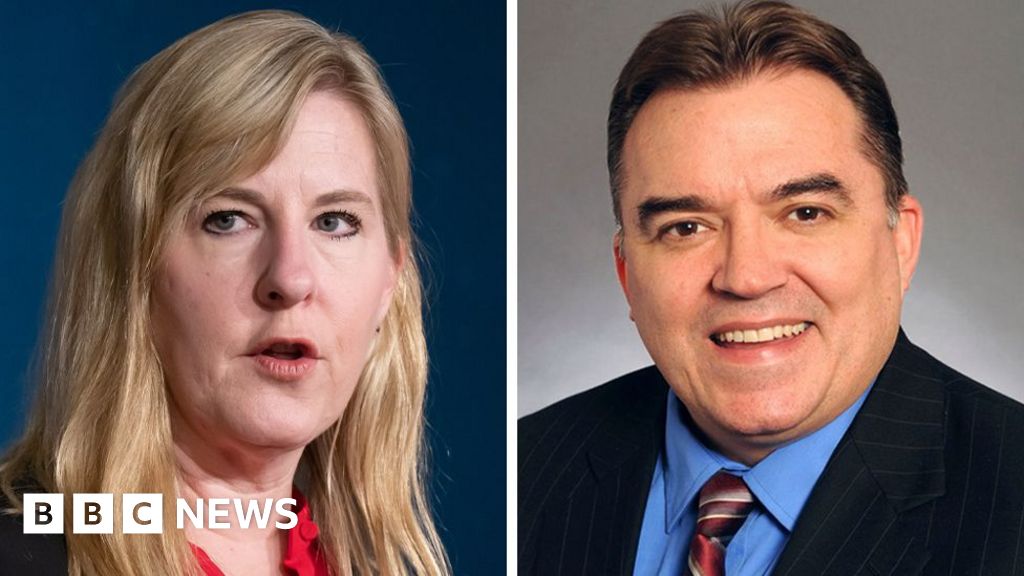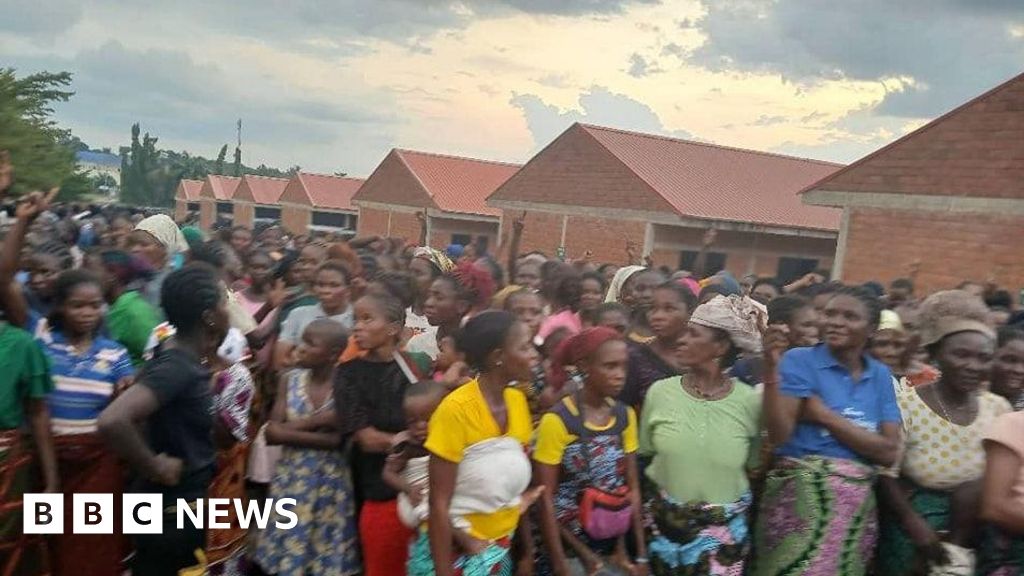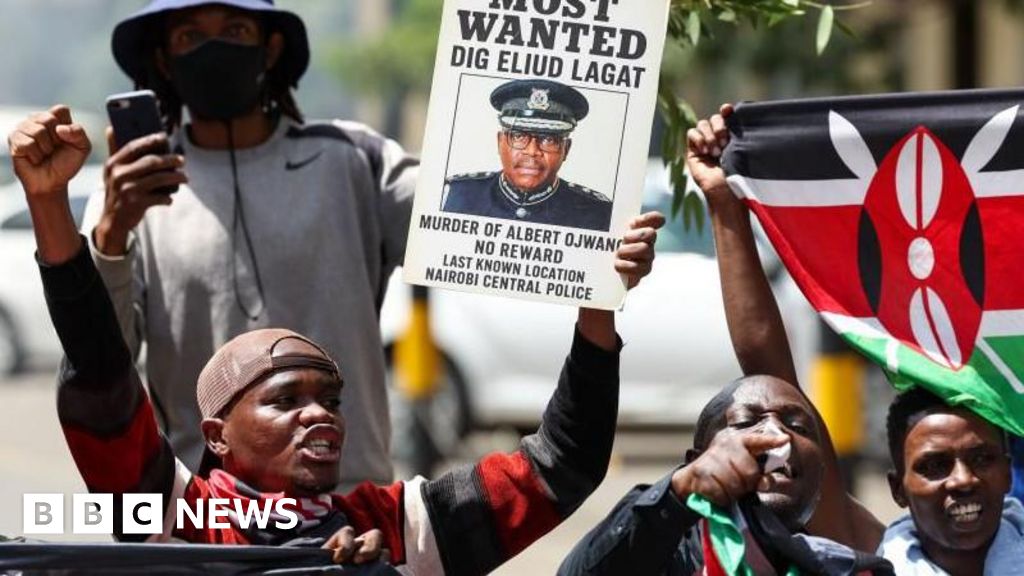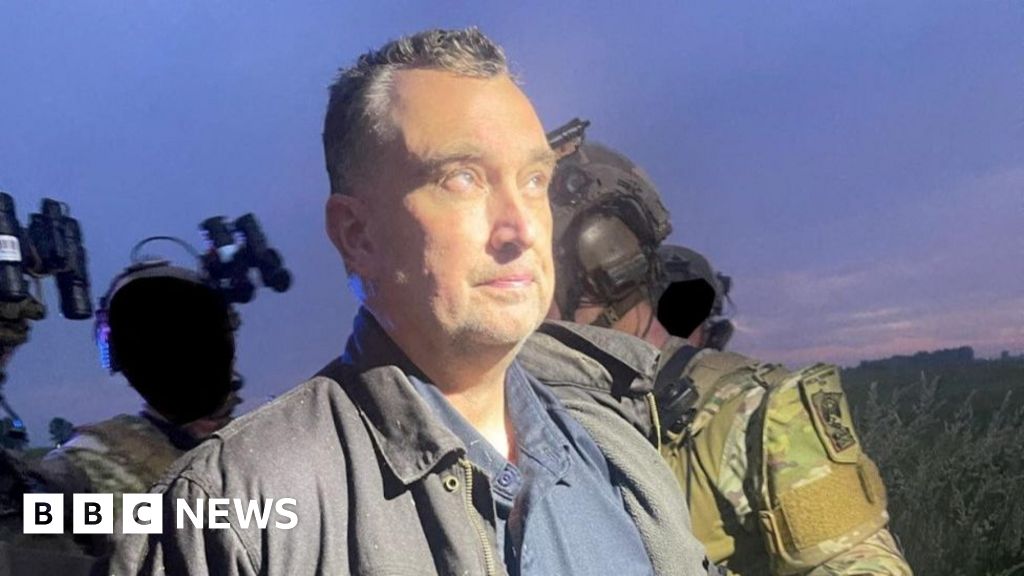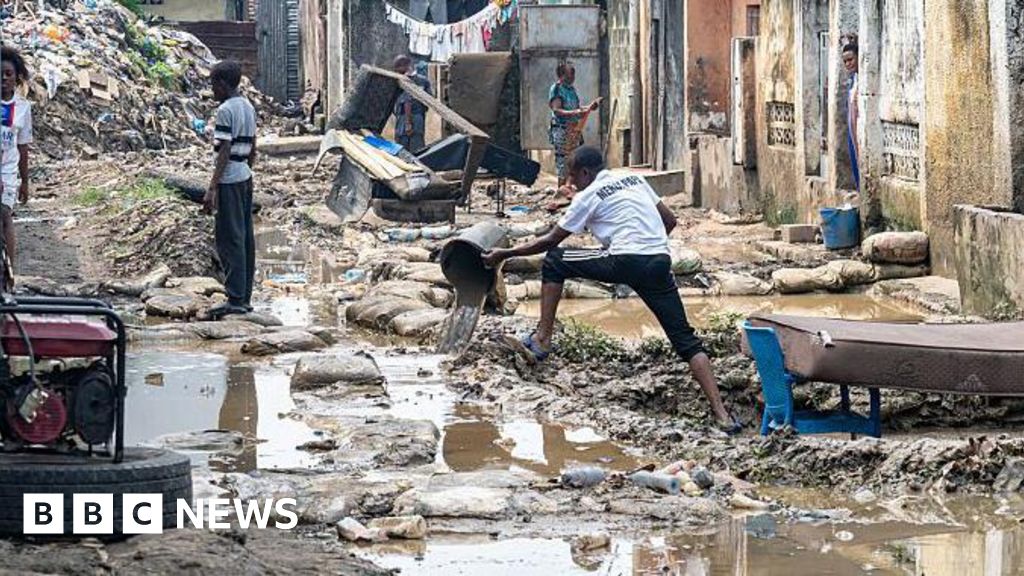Kenya’s deputy police chief Eliud Lagat has stepped aside pending the outcome of investigations into the death in detention of blogger Albert Ojwang.
Mr Lagat had been under pressure to resign from the opposition and human rights activists as Mr Ojwang was arrested after he filed a complaint, accusing the blogger of defaming him on social media.
Police initially said that Mr Ojwang died of self-inflicted wounds, but were forced to retract the statement after an autopsy found that he was likely to have died from assault wounds.
Mr Lagat denied any wrongdoing, but said in a statement that he was stepping aside in the “good and conscious thought” of his responsibilities as deputy police chief.
“I undertake to provide any support that may be required of me during the investigations of the unfortunate incident,” Mr Lagat said.
“I offer immense condolences to the family of Mr Albert Ojwang for their great loss,” he added.
Until the investigation is concluded, Mr Lagat will have no access to his office, and his duties will be performed by his deputy.
This comes amid intensifying pressure, with more demonstrations planned this week by activists demanding a transparent investigation into the 31-year-old blogger’s death.
Mr Ojwang was arrested in his village of Kakoth, near the western town of Homa Bay, on 7 June. He was then driven to the main police station in Nairobi, and was reported to have died a few days later.
In an initial statement, police said Mr Ojwang was found unconscious in his cell and was rushed to a city hospital, where he succumbed to head injuries allegedly sustained from banging his head against the wall.
But an autopsy report and an investigation by the police watchdog, the Independent Policing Oversight Authority (IPOA), ruled out the possibility that Mr Ojwang might have killed himself.
While investigations continue, the head of the police station has been detained, along with another officer and a technician accused of disabling the station’s CCTV.
Police chief Douglas Kanja has apologised for the initial police claim that the blogger died of self-inflicted wounds, saying it was based on “misinformation” from his juniors.
President William Ruto has called for a swift investigation, and has promised that his government would “protect citizens from rogue police officers”.
Ruto first pledged to end Kenya’s history of police brutality and extrajudicial killings when he came to power in 2022.
But nearly 160 cases of extrajudicial killings and enforced disappearances were reported across Kenya last year, according to the Kenya Human Rights Commission (KHRC).
At least 20 people have died while in police detention in the past four months alone, according to the IPOA.
Source link



